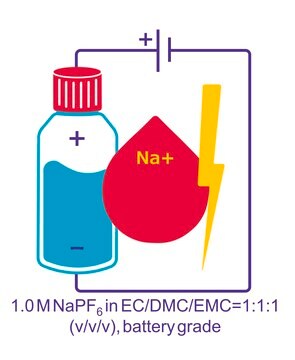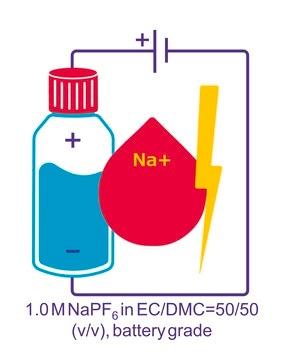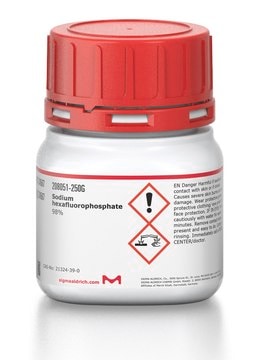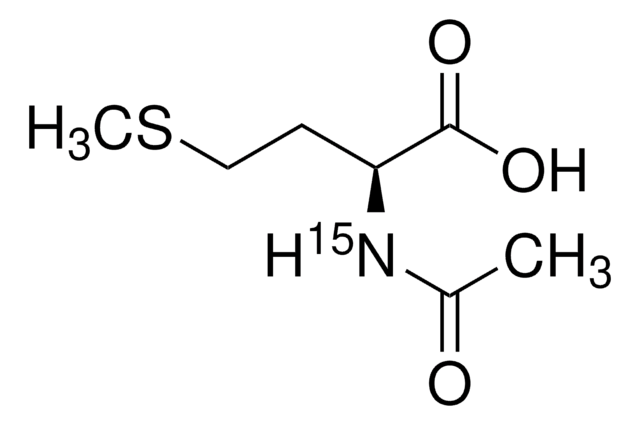935948
Sodium hexafluorophosphate solution

in propylene carbonate, 1.0 M (NaPF6 in PC), battery grade
Synonym(s):
1.0 M NaPF6 in PC
About This Item
Recommended Products
grade
battery grade
Quality Level
form
solution
greener alternative product characteristics
Design for Energy Efficiency
Learn more about the Principles of Green Chemistry.
sustainability
Greener Alternative Product
concentration
0.95-1.05 M (NaPF6)
1.0 M (NaPF6 in PC)
impurities
≤100 ppm Acid
≤500.0 ppm H2O
anion traces
chloride (Cl-): ≤200 ppm
sulfate (SO42-): ≤200 ppm
application(s)
battery manufacturing
greener alternative category
1 of 4
This Item | 589837 | 908339 | 653640 |
|---|---|---|---|
| isotopic purity 99 atom % 13C | isotopic purity 98 atom % 15N | isotopic purity ≥99 atom % 13C | isotopic purity 98 atom % 13C, 98 atom % 15N |
| mass shift M+1 | mass shift M+1 | mass shift M+5 | mass shift M+6 |
| form powder | form solid | form solid | form solid |
| storage temp. 2-8°C | storage temp. - | storage temp. - | storage temp. 2-8°C |
| mp 103-106 °C | mp 103-106 °C (lit.) | mp - | mp - |
General description
Application
related product
Signal Word
Danger
Hazard Statements
Precautionary Statements
Hazard Classifications
Eye Dam. 1 - Skin Corr. 1B
Storage Class Code
8A - Combustible corrosive hazardous materials
WGK
WGK 3
Choose from one of the most recent versions:
Certificates of Analysis (COA)
Sorry, we don't have COAs for this product available online at this time.
If you need assistance, please contact Customer Support.
Already Own This Product?
Find documentation for the products that you have recently purchased in the Document Library.
Our team of scientists has experience in all areas of research including Life Science, Material Science, Chemical Synthesis, Chromatography, Analytical and many others.
Contact Technical Service













